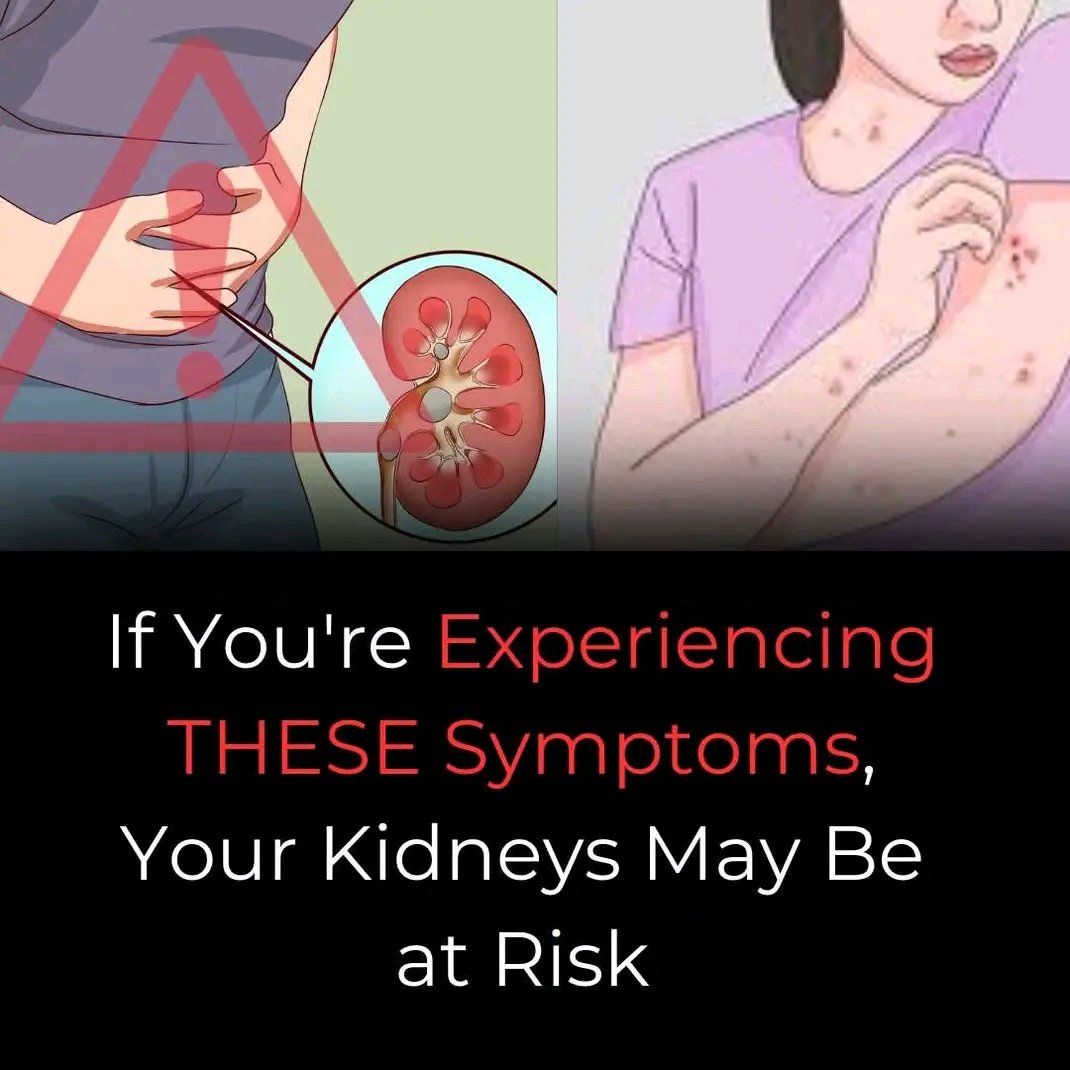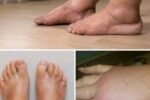Early Signs of Kidney Disease & How to Protect Your Kidneys 🚰

Your kidneys work quietly every day, filtering your blood, balancing fluids, and removing waste. But when they start to weaken, the early symptoms are often subtle and easy to miss. Ignoring these warning signs can lead to chronic kidney disease (CKD), a serious condition that affects millions worldwide. The good news? If detected early, you can protect your kidneys and even slow down further damage.
Early Warning Signs of Kidney Disease
- Changes in Urination – If you notice frequent urination at night, very foamy urine, or reduced urine output, it may signal trouble.
- Swelling in Hands, Feet, or Face – Kidneys regulate fluid balance. When they don’t work properly, excess fluid builds up in the body.
- Persistent Fatigue – Healthy kidneys produce a hormone (EPO) that helps make red blood cells. Weak kidneys mean less oxygen supply, leading to tiredness.
- Lower Back Pain – Dull or sharp pain on one side of the back can indicate kidney stones or infections.
- Metallic Taste & Bad Breath – Waste buildup in the blood can cause a metallic taste in the mouth or ammonia-like breath.
- Itchy or Dry Skin – When kidneys can’t keep minerals and fluids balanced, it shows up as skin irritation.
- Puffy Eyes – Protein leakage in urine can cause swelling around the eyes, often one of the earliest visible signs.
How to Protect Your Kidneys Naturally
✅ Stay Hydrated – Drink enough water to help kidneys flush out toxins, but avoid overhydration.
✅ Control Blood Pressure & Blood Sugar – High blood pressure and diabetes are the top causes of kidney disease. Regular checkups are crucial.
✅ Eat a Kidney-Friendly Diet – Reduce excess salt, processed foods, red meat, and soda. Add fresh fruits, leafy greens, and whole grains.
✅ Limit Over-the-Counter Painkillers – Frequent use of NSAIDs like ibuprofen can harm the kidneys over time.
✅ Stay Active – Regular exercise improves circulation and reduces stress on the kidneys.
✅ Avoid Smoking & Excess Alcohol – Both can accelerate kidney damage and raise blood pressure.
✅ Get Regular Screenings – If you have diabetes, hypertension, or a family history of kidney disease, ask your doctor for kidney function tests.
FAQs About Kidney Health
Q: Can kidney disease be reversed?
A: In its early stages, damage can sometimes be slowed or managed. Advanced stages usually require lifelong care.
Q: How much water should I drink daily?
A: Around 2 liters (8 glasses) is enough for most adults, but this can vary depending on activity, climate, and health conditions.
Q: Are there specific foods that support kidney health?
A: Yes, foods like apples, blueberries, cauliflower, garlic, and olive oil are kidney-friendly.
Q: When should I see a doctor?
A: If you notice swelling, frequent changes in urination, or constant fatigue, consult a healthcare professional immediately.
💡 Takeaway: Your kidneys may be silent, but they give small warnings when something is wrong. By paying attention to early signs and making small lifestyle changes, you can protect these vital organs and enjoy better long-term health.






